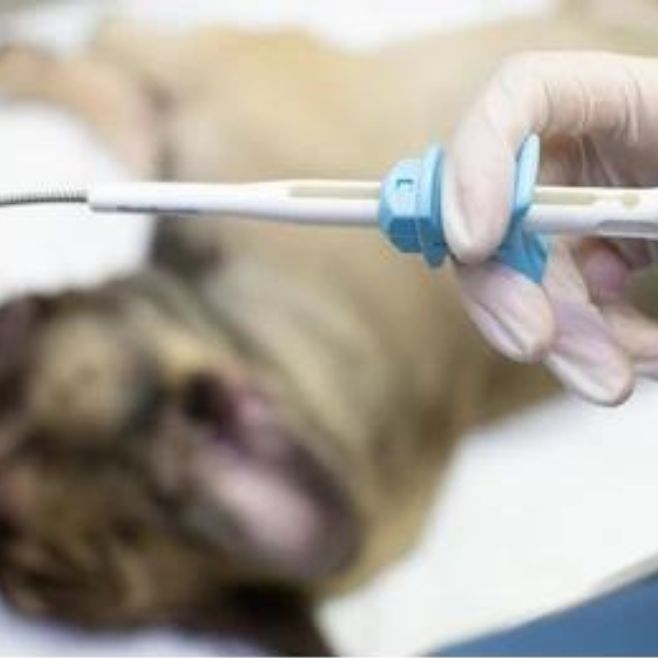
Surgery for Pets: What You Need to Know
Call (786) 536-5144
As a pet owner, it can be difficult to watch your furry friend suffer from an illness or injury. In some cases, surgery may be necessary to improve your pet's quality of life or even save their life.

